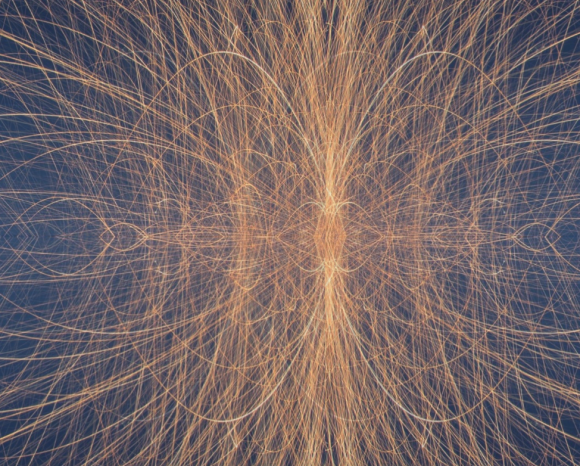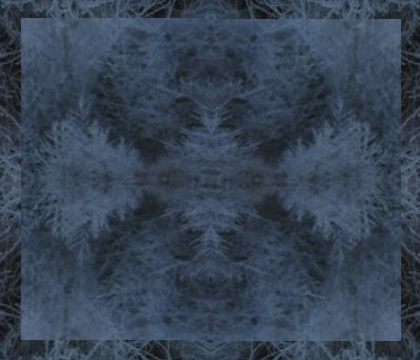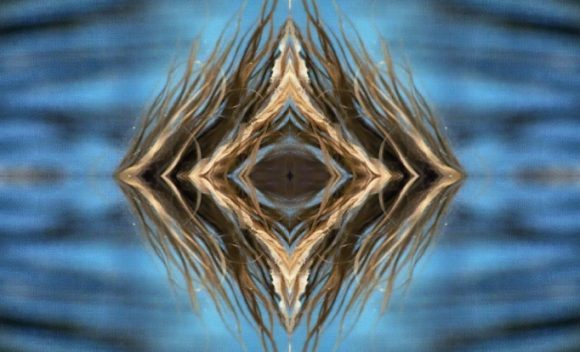I’m in the middle of a major rewrite of the ideas behind this blog, as a result of which I have integrated some of them into larger essays. (Over time, there will be more…) Note that this is mostly about collecting dispersed lines of argument, bringing them in order, filling some gaps, and making the texts more readable. The ideas themselves are beginning to emerge more clearly, too, and so in these articles I’m also integrating them more strongly, coining some new terminology along the way.
The older posts are marked as superseded, and contain a link to the essay (or essays) in which their content is now contained (insofar I still consider it valid and interesting). The new essays (so far) are here:
- Mirror Moments
Mirrors recur throughout Lawrence Durrell’s Alexandria Quartet as metaphors for reflectiveness, interpersonal distance in communication, and staging areas for meaningful encounters. This essay surveys the breadth and depth of this particular narrative means and its psychological implications. - Ghost Time
The narrator of The Alexandria Quartet has withdrawn from the city, where all life takes place, to a remote Greek island, into a liminal space where he becomes aware of “a time which is not calendar-time”—an awareness from which one becomes “in some sort a ghost”. What does that mean? (And what is this ghost-time, which has such curious effects…?) - Coming Back from the Underworld
Nekyia, the descent into Hades, is a shift away from external concerns toward a more introspective, soul-oriented existence. But must we always bring something back to the surface, or is there value in simply going deeper? Does the underworld journey necessitate a return trip? The essay surveys the spectrum of answers to that question in the Jungian tradition.



